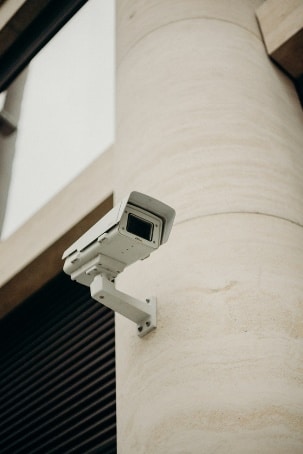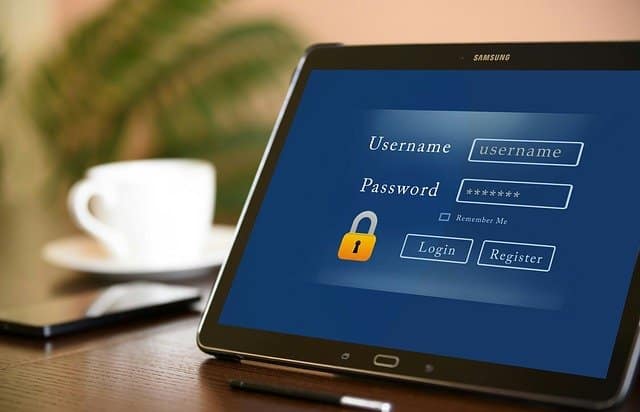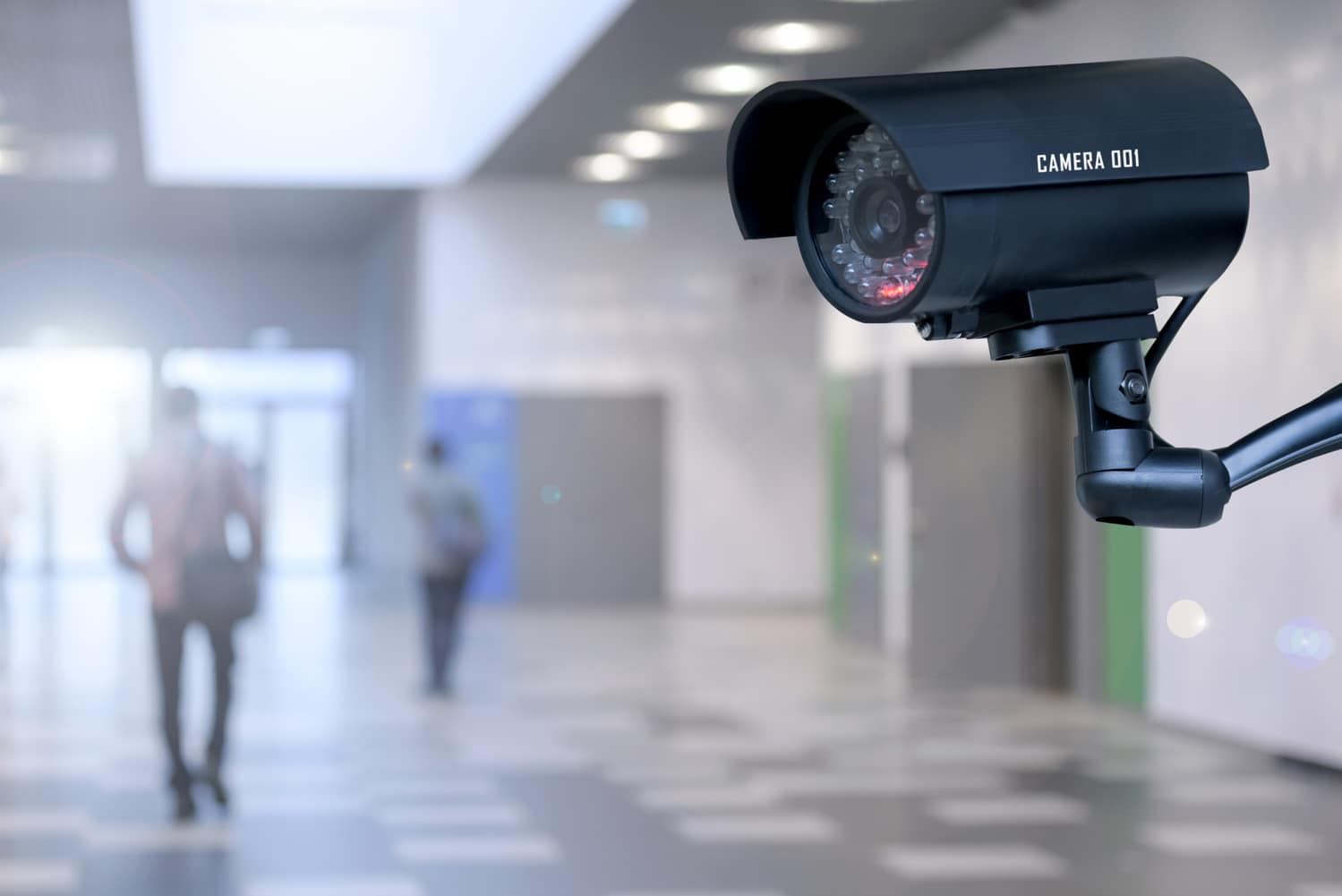
More and more of us are utilizing smart security cameras at home, as the prices have gone down, and availability has increased of these tech tools. While this kind of IoT device is handy to have installed on a property, many consumers don’t realize that these gadgets are at risk themselves from potential attacks.
Such products work well to keep intruders at bay, but they do open you up to a potential cybercriminal hack. Here are some ways to ensure your cameras stay safe and can continue to do their job efficiently.
Buy the Most Secure Brands
When buying internet-connected security cameras for your home, choose the most secure brands. Research in which manufacturers pay the most attention to security issues when designing, building, and testing their products.
Usually, the most well-known, trusted, and largest companies are particularly security-conscious since they have more to lose if they make goods that hackers can easily get into. They tend to focus on running frequent updates to plug any security gaps that open up over time, too. Check out unbiased online reviews, such as on social media sites and forums, for indications of security levels, as well as manufacturer information.
Choose New Login Information for Your Cameras
Once you’ve purchased security cameras and are setting them up home, it’s time to read the instruction manuals enclosed with the goods carefully. These will indicate how to use the products securely. In particular, pay attention to how to update the username and password that comes already set up on your cameras.
Manufacturers have default settings they use all the time that hackers are well aware of. As such, you need to change this generic login info ASAP, so cybercriminals have less of a way into your devices.
Install Security Software on All Internet-Connected Devices
Smart security cameras are often controlled, day to day, by smartphones, tablets, and computers. These devices are vulnerable to hacker attacks, and cybercriminals can start controlling your cameras if they break into your linked computer systems.
To prevent this from happening, set up a secure network at your home. Install comprehensive security software that covers a wide variety of threats, including malware, ransomware, spyware, spam, viruses, and more. It should alert you to real-time dangers, protect your privacy online, and block malicious incoming emails and infected attachments and links.
Plus, utilize the firewalls that are likely already preinstalled on your computers. These provide an additional layer of defense against cybercriminals who try to use your internet connection to break in.
Update Software and Firmware
Next, always take the time to update computer and camera software and firmware. Many people don’t do this as they see the alerts they receive as a pain, but the reality is that the new versions of programs that manufacturers release are created for a reason. Part of this is to do with security. New editions plug security holes that hackers find or make over time. If you’re not running the latest versions of programs, you leave yourself more vulnerable to attack.
Stay secure by installing the latest options as soon as they become available. Do this on cameras as well as browsers, operating systems, security software, firewalls, plugins, games, apps, and the like. It’s wise to set up all updates to install automatically, so you don’t have to remember to run them manually each time.
As for firmware on your security cameras, if you’re not sure if any new editions are on offer, check the product’s app. Go to the “Settings” section, or on some programs the “About” or “Device” area, to learn about any updates. Manufacturer websites also usually mention new versions, along with the step-by-step instructions for how customers can install them.
Use a Strong Password to Protect Your Wi-Fi Router
 Another key way to keep cybercriminals out of your security cameras and other devices is to password protect your Wi-Fi router. Hackers often try to break into modems to get into other gadgets, so you have to secure this device with a strong password.
Another key way to keep cybercriminals out of your security cameras and other devices is to password protect your Wi-Fi router. Hackers often try to break into modems to get into other gadgets, so you have to secure this device with a strong password.
The code you input needs to be eight or more characters long and made up of a mixture of letters (upper-case and lower-case), numbers, and symbols. Be careful not to create a password that relates to any details you’ve shared publicly, such as your birthdate or that of a loved one, your pet’s name, child’s name, address, email, or lucky numbers.
Smart security cameras are a great product to have around, provided you take the steps necessary to keep them safe from attack. Follow the tips above, though, and you shouldn’t have too many issues.

